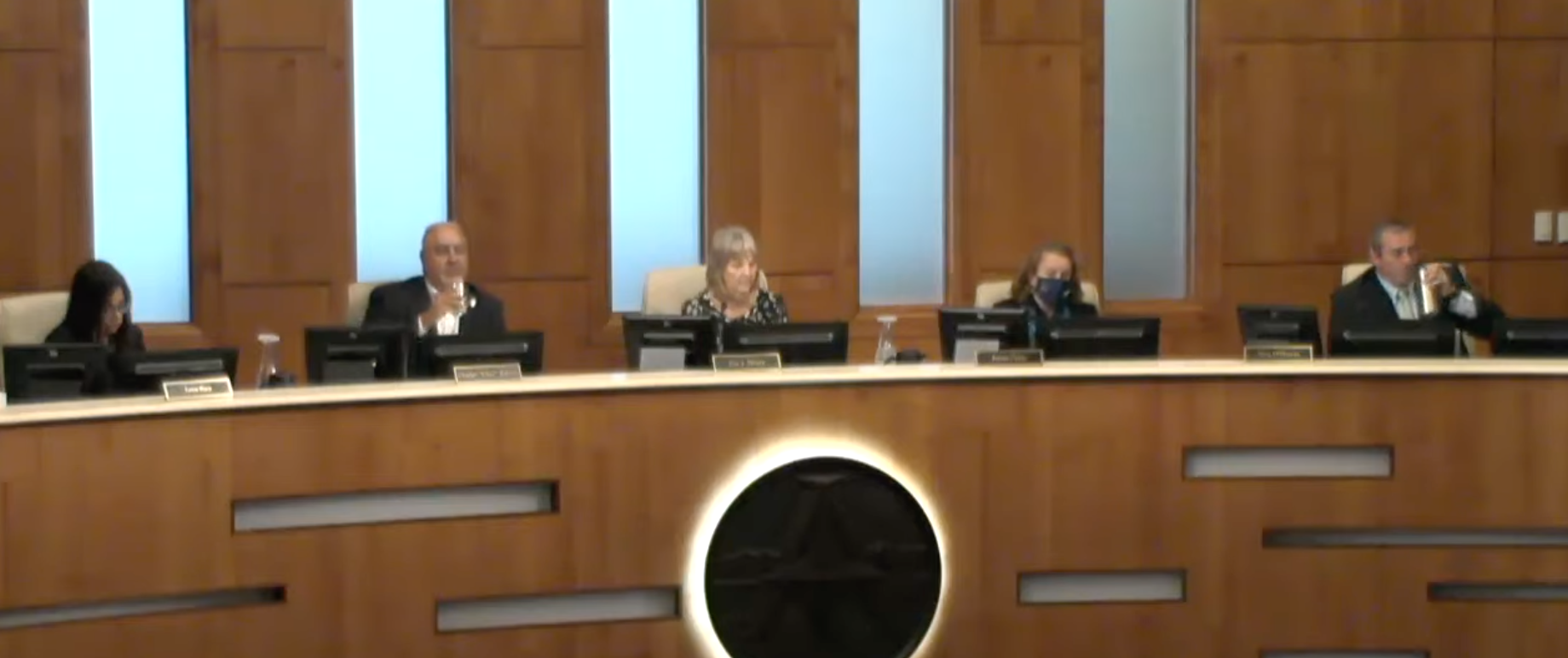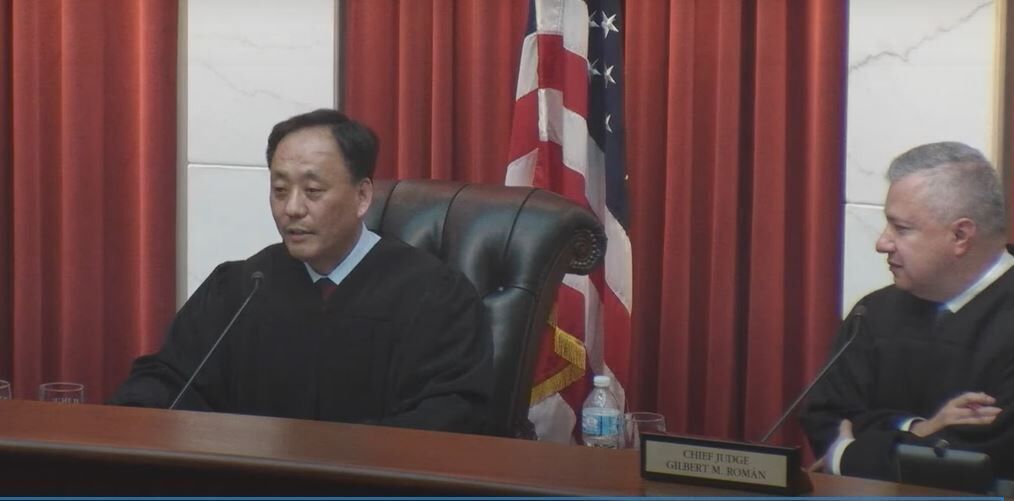State Supreme Court dismisses Adams County treasurer’s appeal in lawsuit with county board

The Colorado Supreme Court has declined to weigh in on the Adams County treasurer’s attempt to prevent the county attorney’s office from representing the board of county commissioners in its legal fight with the treasurer.
Lisa Culpepper, elected as a Democrat in 2018, is defending against allegations that she has failed to properly keep track of money, refused to submit legally-required reports, and remained uncooperative during two audit attempts. The Adams County Board of County Commissioners filed a lawsuit against Culpepper last fall asking a court to appoint someone to perform the functions of the treasurer’s office in lieu of Culpepper.
Culpepper quickly sought to disqualify County Attorney Heidi M. Miller and the rest of the county attorney’s office from representing the board. While a judge agreed that Miller had to remove herself from the case, he declined to issue a blanket ban against the county’s remaining lawyers.
Seeking the Supreme Court’s intervention, Culpepper argued that she would face irreversible harm if she were forced to defend herself against attorneys who, by nature of their position representing Adams County government, had also been her office’s lawyers. Culpepper asked the court to decide the issue to avoid having the lawsuit influence the 2022 election.
“Therefore, there is only a very short time to complete these proceedings, even on an expedited schedule, without having the proceedings run into the Primaries and the electoral process along with running afoul of the many precedents cautioning courts to avoid rulings involving elected officials in the run up to an election,” Culpepper’s attorneys wrote to the Supreme Court on Dec. 21.
Culpepper, Republican Stan Martin and Democrat Alexander Villagran have all filed to run for the treasurer’s position this year.
The Supreme Court initially asked the county board to respond to Culpepper’s motion to disqualify the county attorney’s office, which it did on Jan. 20.
“Adams County has been without an effective Treasurer for over 12 months,” wrote Assistant County Attorney Michael A. Sink. “The County wants transparency. And it needs it quickly. The longer the Treasurer’s books and operations remain a mystery, the greater the risk posed to the public interest.”
The board countered with its own request to allow Miller, the county attorney, to continue to work on the case.
On Feb. 17, the Supreme Court issued a brief order declining to get involved and returning the case to District Court Judge Jeffrey A. Smith. One of Culpepper’s attorneys, J. Kirk McGill, said his client believed the justices did not want to issue a decision close to the primary election and potentially influence the electorate. He added that Culpepper will now pursue her own claims that the board was actually the party that violated Colorado law.
“The Treasurer’s Office hopes to have a decision in its favor on those motions within the next month, so that the voters will know that the allegations are without merit well before the primaries,” McGill said.
The board of county commissioners stated in its lawsuit that it was worried Culpepper’s alleged noncooperation with two audits would negatively affect Adams County’s credit rating, result in a loss of federal grant money and damage the public’s trust in the accuracy of county records.
The legal complaint dated Oct. 28, 2021 listed Miller and Sink as the attorneys for the board. Culpepper, who had a private law firm representing her at the time, asked the district court judge to disqualify Miller from continuing to litigate on behalf of the board. Smith agreed, writing in December that Miller’s past representation of both government entities – the board and the treasurer’s office – whose interests were opposed to each other violated Colorado’s Rules of Professional Conduct.
However, Smith did not agree that every lawyer in the county attorney’s office should be barred from representing the board, even if the lawyers had never performed any work for the treasurer’s office. Instead, he ordered a review of ethical conflicts on an “attorney-by-attorney basis.” Sink, the judge determined, could continue to represent the board because he reportedly had no conflict through advising, meeting with or representing the treasurer’s office.
Culpepper then asked the Supreme Court to decide the extent to which the county attorney’s office needed to bow out of the lawsuit. She argued that Miller’s conflict created a problem for the entire office because Miller and Sink had prepared the board’s lawsuit without telling Culpepper, gathering information about the treasurer’s office while simultaneously serving as its lawyer.
“By permitting the County Attorney to simply hand over the reins to her subordinates, and specifically her active co-counsel in the matter, Mr. Sink, after being disqualified, the District Court allowed the County Attorney’s Office and its client the BOCC to benefit from the County Attorney’s violation of the Rules of Professional Conduct to the detriment of the Treasurer’s Office,” wrote Culpepper’s lawyers. “This is a gross injustice.”
Sink, on behalf of the board, contended that a government lawyer does not have the same types of conflicts as an attorney in private practice. Miller represents the county, he explained, with her representation controlled by the board. Culpepper also cannot keep financial records confidential from the board.
Sink cited a recording of a July 2021 meeting between Culpepper and Commissioners Eva Henry and Chaz Tedesco. That same day, Henry had sent a letter to Culpepper requesting her to step aside as treasurer. In response, Culpepper asked at the meeting to be able to hire her own attorney, and Tedesco agreed the county would pay for one.
“Heidi (Miller) is our attorney,” Tedesco added.
“No, I get that,” Culpepper responded.
The case is Adams County v. Adams County Treasurer.














